Antarctica's Weddell Sea 'deserves protected status'
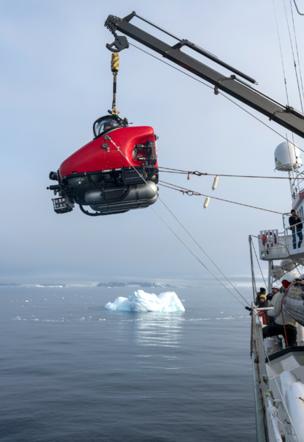 CHRISTIAN ÅSLUND
CHRISTIAN ÅSLUND
A submersible mission in Antarctic waters has revealed unique ecosystems so rare they deserve special protection, say scientists.
The seabed investigation, co-ordinated by the campaign group Greenpeace, will help build the case for the creation of the world's largest wildlife sanctuary.
Covering 1.8 million sq km, the marine reserve will be considered by Antarctic nations at a conference in October.
It would ban all fishing in a large part of the Weddell Sea.
The restrictions would also apply in a zone near the tip of the Antarctic Peninsula.
Along with the smaller creatures that live on the seafloor, the reserve would bring additional protection to larger animals such as leopard seals, orcas, humpback whales and penguins.
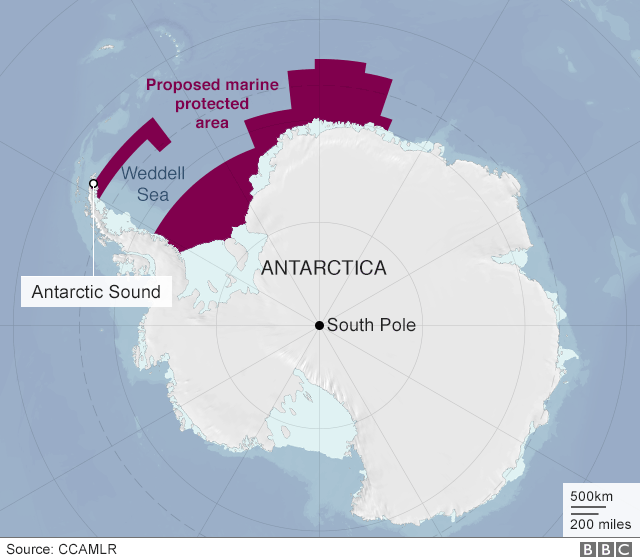
- Counting South Georgia's whales
- Poo sediments record 'penguin Pompeii'
- Penguins die in 'catastrophic' season
- Protection agreed for Ross Sea
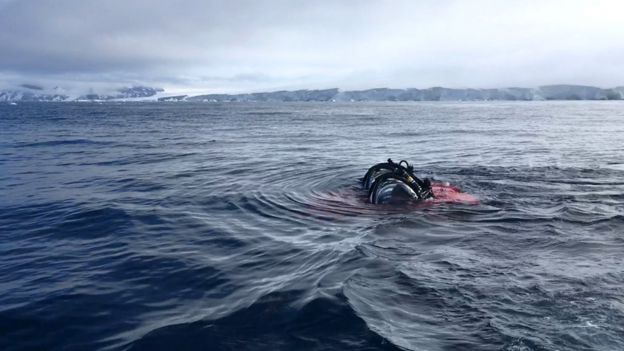
Leading the submersible mission is Dr Susanne Lockhart, a research associate at the California Academy of Science.
Her work will go towards categorising the parts of the seabed that she finds to be particularly unique as "vulnerable marine ecosystems".
She believes the current expedition has already gathered data that argues in favour of special protection.
"I have looked through the footage and at a particular dive site in the Antarctic Sound. It's really exciting, with a really dense seabed full of life and diversity," she told BBC News.
"These [lifeforms] can be very vulnerable to disturbance. I will submit my findings to the committee that looks after these waters and hopefully they will be given special protection."
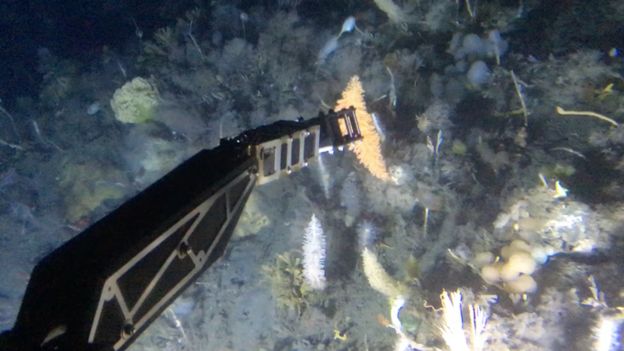
One of the main threats to the health of Antarctic sealife is the increase in the amount of krill being fished.
These tiny shrimp-like creatures are used to make fish food to feed farmed stocks.
They are also a rich source of omega-3 used in food supplements.
However, the crustaceans are a keystone species that sit at the base of a food chain that supports higher animals including whales, seals, penguins and the region's albatrosses and petrels.
Disturbances in krill supply can have damaging effects further up the food chain.

The Weddell Sea
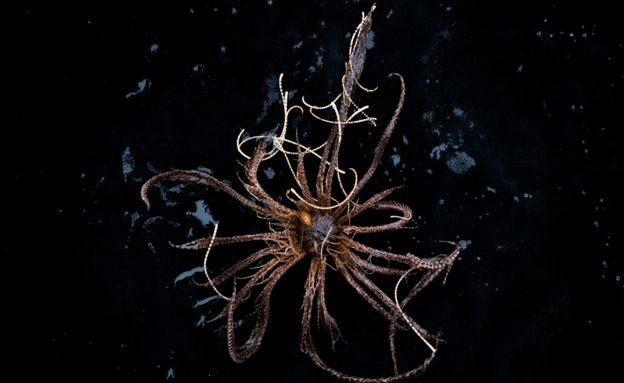 CHRISTIAN ÅSLUND
CHRISTIAN ÅSLUND- One of the last pristine areas in the Antarctic
- Fishing fleets so far have been relatively absent
- During winter 75% of the sea area is covered by ice
- It has many cold-adapted species - they grow slowly
- The herring-like Antarctic silverfish dominates
- Its krill support 12 different whale species

The body responsible for managing the exploitation of marine resources around the White Continent is the Commission for the Conservation of Antarctic Marine Living Resources, or CCAMLR.
It is made up of 24 member states (and the EU), and they must approve any reserve proposal unanimously.
There is evidence that marine reserves only work with proper policing and resources for enforcement, but Frida Bengtsson, head of the Greenpeace mission, does not see this as a barrier.
"I think today when we have increased satellite cover, for example - I think the use of modern technologies is going to be very important for making sure that no activities happen in these sanctuaries.
"We have the tools; it's just having the willingness to use them."
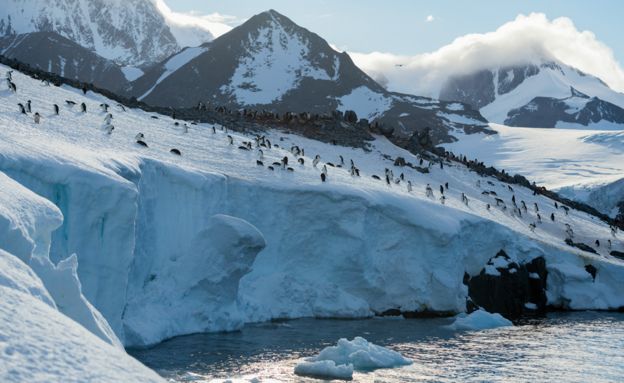 CHRISTIAN ÅSLUND
CHRISTIAN ÅSLUND
At their meeting in October 2016, CCAMLR members agreed to create a reserve in the Ross Sea on the other side of the continent.
The restricted area encompassed some 1.6 million sq km.
The Weddell proposal was formulated by Germany and submitted by the EU. It has UK support.
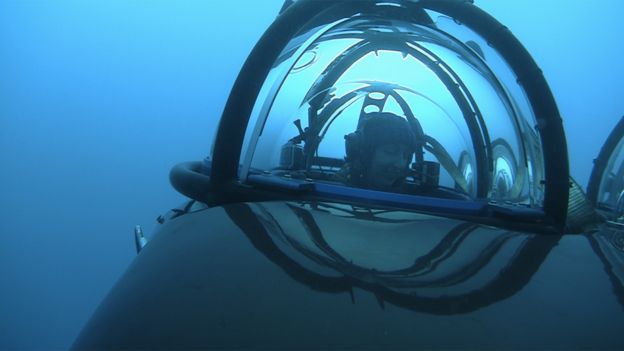
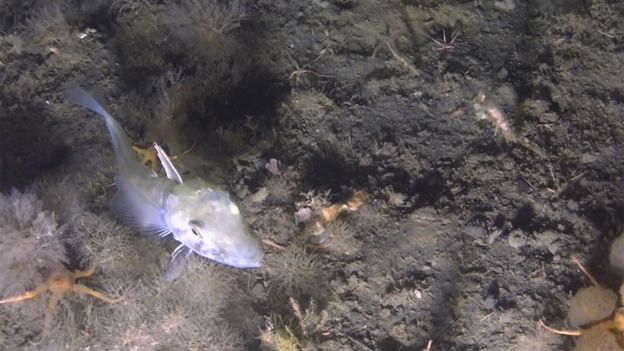 CHRISTIAN ÅSLUND
CHRISTIAN ÅSLUND
No comments:
Post a Comment
Note: Only a member of this blog may post a comment.